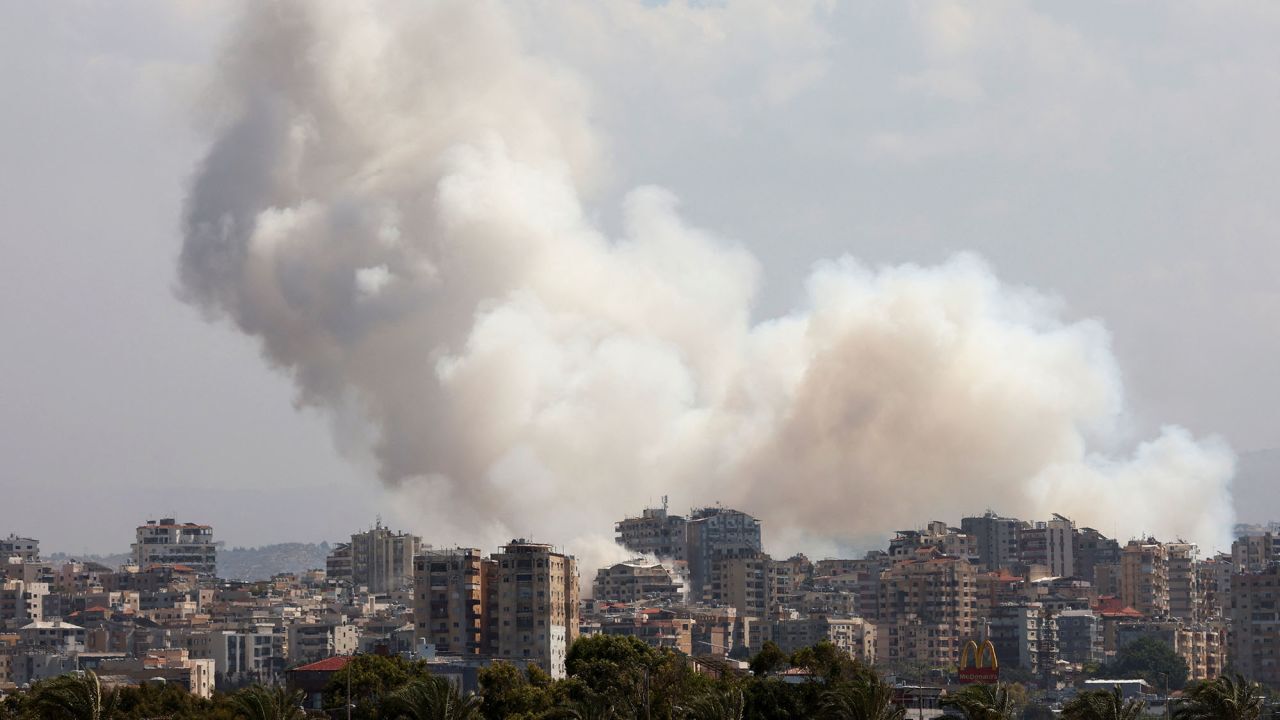Israel’s evolving strategy with Hezbollah has raised both eyebrows and concerns. The decision to escalate attacks on the Iran-backed militant group is a high-stakes gamble that could either force Hezbollah into submission or ignite further conflict. The delicate balance between seeking a diplomatic solution and amplifying military pressure has left many questioning the long-term consequences of such an approach.
A Dangerous Game of Escalation
For nearly a year, Israel and Hezbollah have been locked in a tense game of brinkmanship. Israel has now chosen to ramp up its attacks to force Hezbollah into negotiations significantly. According to reports, the goal is to “escalate to de-escalate,” a strategy to push Hezbollah into a corner where a diplomatic solution becomes its only option. However, this tactic carries significant risks, as a ground war with Hezbollah could be disastrous for Israel.
As military analyst Andrew Exum points out, “Hezbollah is built for this kind of fight, and any misstep could turn into a prolonged and bloody conflict.”
Technological Superiority vs. Guerrilla Warfare
Over the past week, Israel has demonstrated its technological edge over Hezbollah. Israeli forces have been able to infiltrate Hezbollah’s supply chain, detonating explosives through outdated pagers, causing massive damage to the group’s command structure. According to military reports, these attacks have killed dozens of Hezbollah operatives, including a high-ranking commander. Despite the success, Israel’s strategy hinges on technological superiority, while Hezbollah continues to rely on guerrilla tactics.
“The psychological impact of such an assault can’t be underestimated,” says Israeli defense expert Efraim Inbar. “Hezbollah is in disarray, and it’s clear Israel is exploiting the confusion.”
The Question of De-escalation
The ultimate goal for Israel appears to be Hezbollah’s withdrawal to the north of the Litani River, which would allow Israeli civilians in the north to return home safely. However, Hezbollah’s leader, Hassan Nasrallah, is unlikely to concede so quickly. The damage inflicted on his forces could force him to regroup, but showing weakness is not an option for Nasrallah.
“Nasrallah is a shrewd leader,” explains Middle East scholar Reuel Marc Gerecht. “Even if he agrees to withdraw, it will be framed as a strategic move to save face.”
What Lies Ahead?
While Israel’s strategy has weakened Hezbollah, it remains uncertain whether this will lead to long-term peace or a temporary lull in violence. Hezbollah’s response could range from a calculated retreat to a full-scale rocket barrage against Israel. The risks of further escalation are high, and Israeli Prime Minister Benjamin Netanyahu’s approach could either neutralize Hezbollah or lead to greater instability in the region.
As political analyst Trita Parsi warns, “Wars in this region never end cleanly. Hezbollah may be down, but it’s far from out.”
A Cycle of Violence
While Israel’s airstrikes have caused significant damage to Hezbollah, history shows that violence often begets more violence. Hezbollah is deeply rooted in Lebanon, and even if weakened, it will eventually rebuild. The lesson from conflicts like Afghanistan is that eliminating mid-level commanders often leads to their radicalized successors taking their place.
Israel’s current approach may win battles, but the war is far from over. As Inbar concludes, “The danger of Israel’s strategy is that it could backfire in ways that will haunt future generations.”
In the end, only time will tell whether Israel’s high-risk strategy will succeed or if it will lead to greater instability in the region.







